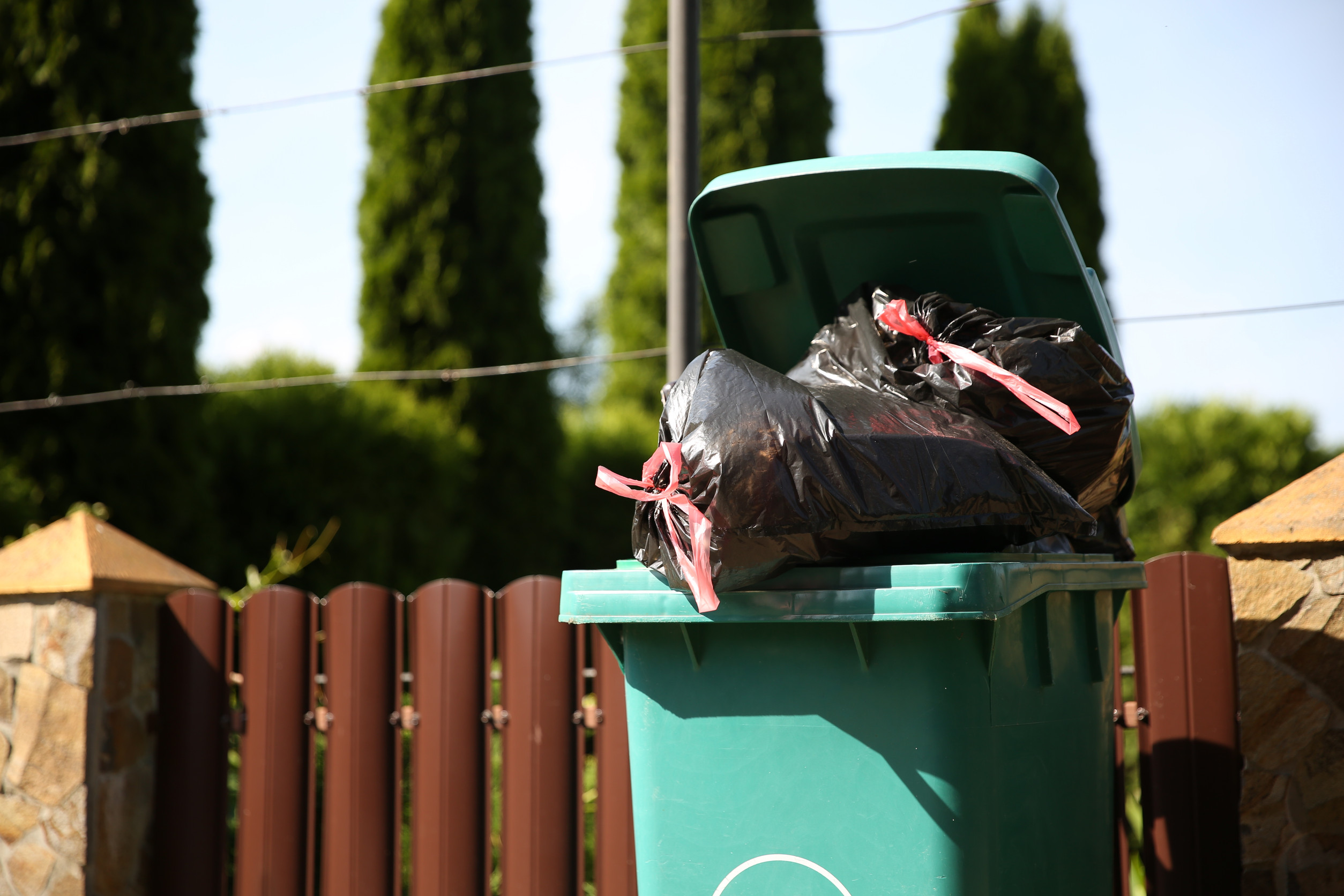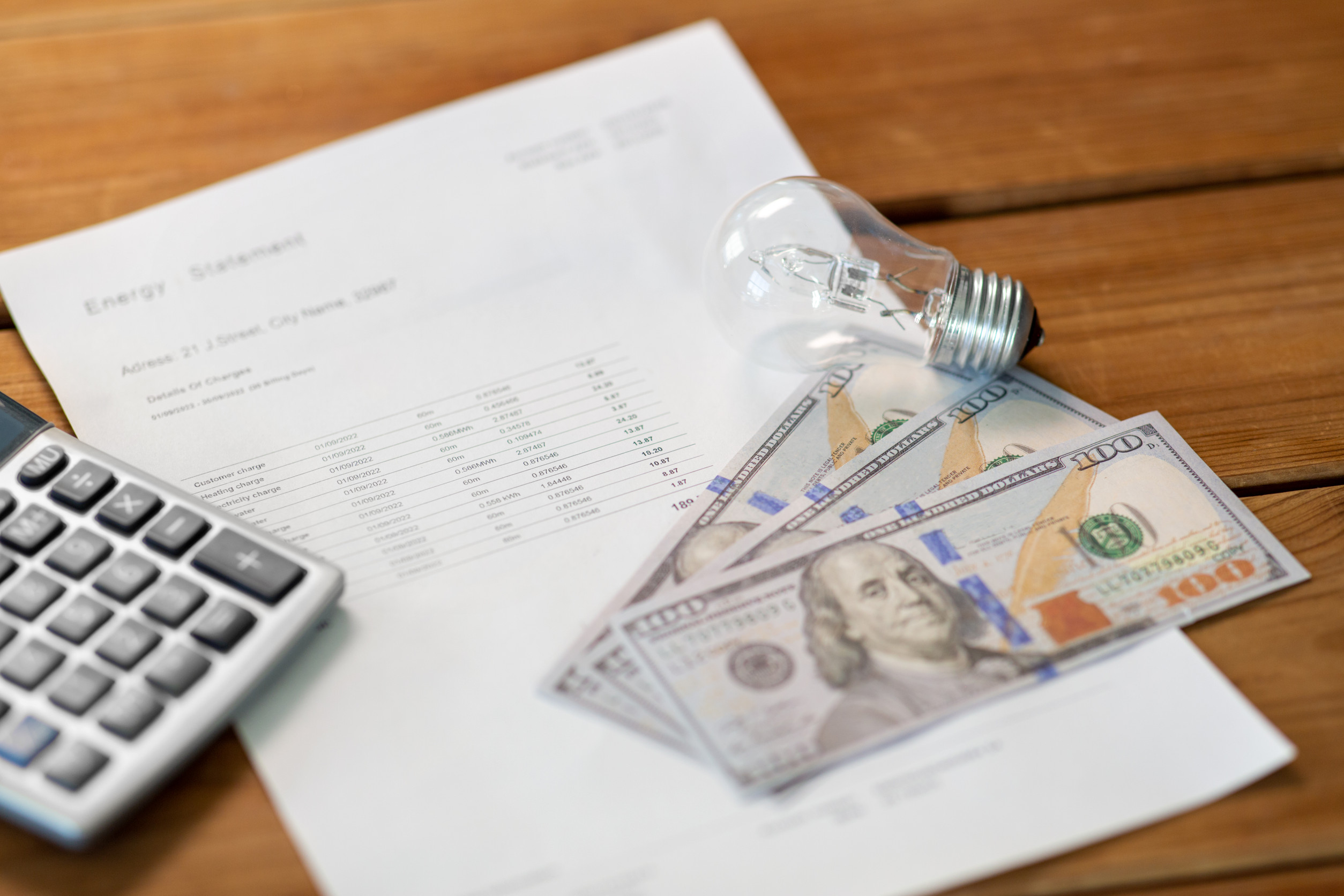
Trash day might feel like the least suspicious moment of the week. Bags go to the curb, bins roll out, and the only thing on your mind is whether you remembered to put out the recycling. But for identity thieves, that same routine is a goldmine.
Your garbage is a potential treasure chest of personal information—if you’re not careful, what you throw away could be the key to your bank accounts, credit score, and even your entire financial future. The truth is, many people are unknowingly setting themselves up for theft before the garbage truck even arrives.
1. Bank Statements
Bank statements are like a highlight reel of your financial life, and thieves know exactly how to use them. Even a single statement contains your name, address, account number, and transaction history. With this information, criminals can impersonate you, open accounts in your name, or attempt to access your existing accounts. Shredding these documents is the best defense, because tearing them in half isn’t nearly enough. Once these details are in the wrong hands, it’s like giving a stranger the keys to your vault.
2. Prescription Labels
Prescription bottles and their labels might seem harmless, but they often carry more than just your name. They can include your date of birth, doctor’s name, and prescription details—all of which can be used to steal your identity or commit insurance fraud. Criminals can use this data to refill prescriptions illegally or to create fake patient profiles. Tossing these labels without removing or destroying them is like leaving your personal medical records out in the open. Peeling them off and shredding them or using a permanent marker to black out the text keeps you protected.
3. Utility Bills
Gas, electric, water, and internet bills don’t just tell you how much you owe—they also confirm where you live and prove that you reside there. This type of “residency proof” is valuable for fraudsters trying to pass themselves off as you. A thief could use it to change your services, redirect your mail, or even sign up for new accounts in your name. Once in possession of these bills, they can combine the address with other stolen information for more elaborate scams. The safest move is to shred these bills instead of dropping them intact into the recycling bin.

4. Credit Card Offers
Those “pre-approved” credit card offers that arrive in your mailbox can be a direct ticket to financial trouble if intercepted. A criminal can fill out the application, change the mailing address, and have a brand-new card sent to them—all in your name. Even though these offers feel routine and harmless, they hold just enough data to set fraud in motion. Simply ripping them up won’t cut it; a cross-cut shredder ensures they can’t be pieced back together. Without that extra step, your trash could easily become someone else’s financial opportunity.
5. Receipts
Receipts may seem like minor scraps of paper, but they’re often loaded with personal clues. They can reveal the last four digits of your credit card number, the store location, and even the exact time you were there. Thieves can use these to verify stolen card data or create a believable profile of your spending habits. In combination with other documents, these details make identity theft much easier. Destroying receipts as diligently as bank statements is a small habit that pays off in major security.
6. Old Tax Records
Old tax documents are a jackpot for criminals because they contain nearly every key piece of identifying information in one place. They reveal your Social Security number, income, employer, and more—exactly what’s needed to impersonate you fully. Even outdated returns can be exploited for fraud, refunds, or credit applications. Tossing these into the trash unprotected is one of the riskiest moves you can make. Storing them securely or shredding outdated records is the only way to keep them out of the wrong hands.
Protect Your Identity Before It Hits the Curb
Identity thieves don’t need high-tech gadgets to ruin your life—sometimes all they need is what’s sitting in your garbage can. Bank statements, utility bills, prescription labels, unsolicited credit offers, receipts, and old tax documents are some of the most common culprits that make you an easy target. Every piece of paper with personal information is an opportunity for someone to impersonate you, drain your accounts, or wreck your credit. Simple habits like shredding, blacking out labels, and storing sensitive records safely can keep you a step ahead of thieves.
Which of these items surprised you the most? Share your thoughts or experiences in the comments and help others stay protected.
Read More
Why Throwing Out a Broken Smart Device Could Lead to Identity Theft
How “Package Lockers” at Complexes Are Being Exploited by Identity Thieves
The post 6 Items in Your Trash That Mark You for Identity Theft appeared first on Everybody Loves Your Money.







